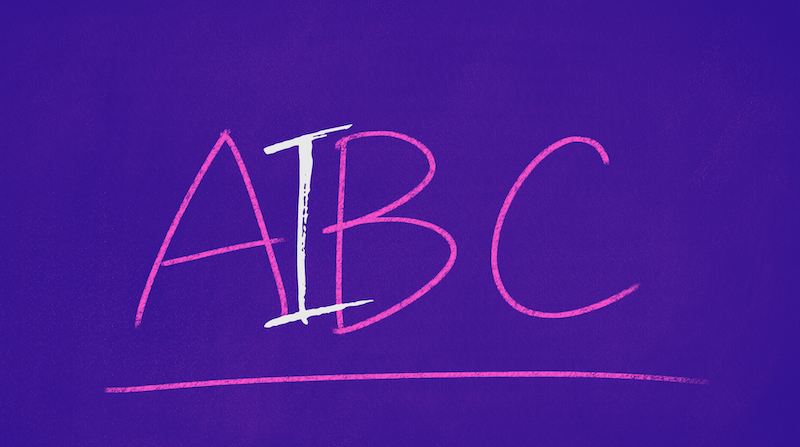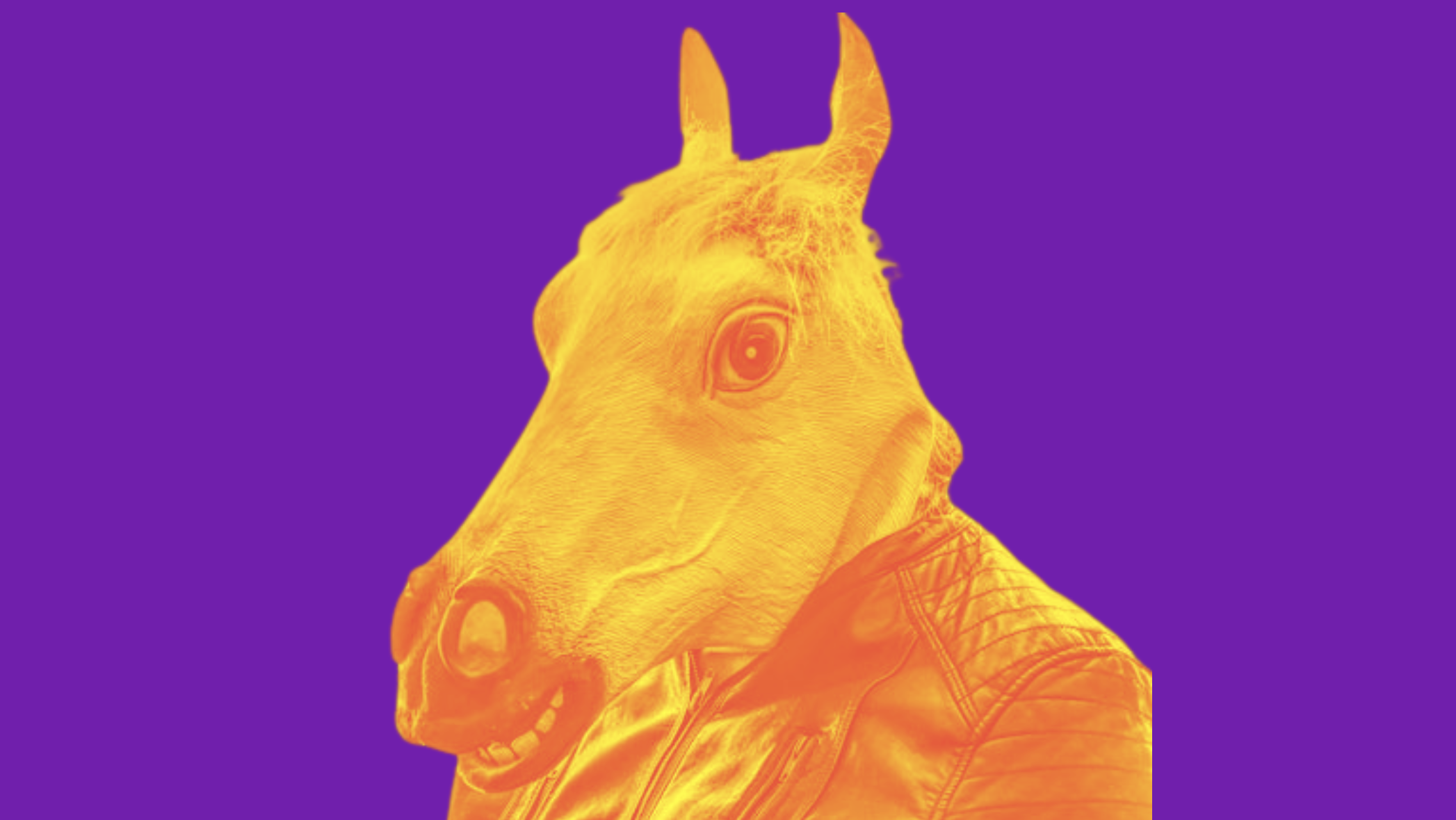HR should focus far more on personalities!

Personality first – this is one of the most important trends in dealing with talent.
Why?
The so-called “hard” skills that companies need are changing faster than ever before. Today’s expert skills will be yesterday’s news tomorrow. What remains are the supposedly “soft” skills and people’s personalities. The better companies know their employees, the better they can assess who they should invest in in terms of professional and personal development.
Bye Bye Bachelor
But an engineer still needs to be familiar with physical principles; an architect needs to know material features, how to use drawing programs and what regulations to take into account. – That is true. Expert knowledge is essential in some professions. For many jobs, however, a different trend has been emerging for a long time. While German HR departments cling surprisingly persistently to university degrees in their job postings, companies in other countries have long since abandoned them. According to a study published in the Harvard Business Review in 2022, US companies reduced the requirement for a university degree by 31 percent when advertising positions with a high level of qualifications, including management positions.
The British branches of Ernst & Young announced ten years ago that a university degree would be completely removed from the job profile. This is in line with numerous studies that were recently listed in a very interesting article on t3n. It clearly shows that soft skills will be much more important in the future. And that goes for engineers and architects too, by the way. After all, they are also involved in an increasingly complex environment that is subject to constant change. And in project work that is carried out by multidisciplinary teams. And in companies that are under increasing pressure to transform their structures from the ground up while day-to-day business must continue.
Transformation needs personality
These companies (and sooner or later it will affect almost all businesses) need employees who are willing to develop with them. It is becoming increasingly important to entrust people with the right role in the company at the right time, in which they can access and contribute their full potential. Certain character traits are even more important in that regard than professional qualifications or a formal degree.
Why?
Because transformation means that the traditional hierarchy is increasingly dissolving. And with it the logic of the commander and the recipient of orders. This leads to consequences:
1. Without top-down instructions, interaction between employees who are on the same organizational level becomes the most important steering element in companies. In the book “The Humanization of the Organization”, the authors write in this context: “This brings with it all kinds of annoyances – self-promotion, refusal to make a statement due to stage fright, tactful agreement to nonsense, (…). Anyone who frequently has to endure fruitless meetings that largely serve the self-promotional needs of some of the participants (…) knows the problem.”
2. In structures where individuals have more responsibility and cannot refer to their superiors every time they have a dispute with a colleague, the ability to deal with conflict and self-control are essential. The ability to win others over and mediate between subjective realities takes the place of punishment and reward or right and wrong.
3. Having the freedom to shape things in your own way also means making decisions under uncertainty. This requires a stable personality and at the same time the right instinct for situations and the ability to get the right people on board.
The best basis for coping with these new conditions are employees who have certain personality traits (or: who do not have them – see excessive tendency towards self-promotion) and with them certain soft skills at a high level. At the very least, however, personality is a good starting point for acquiring these skills. Sebastian Klein writes in the magazine Neue Narrative (issue #19): “People who resist any kind of personal development and reject personal responsibility cannot play a leading role in an organization that is fundamentally changing its operating system.”
More automation – more soft skills
An operating system that must change not only in view of the demands of a new generation of employees, but also in view of increasing automation. Many jobs will change, moving away from purely mechanical activities towards mediating, translating and explaining work at the interface of machines and interdisciplinary teams. Personality and soft skills will be the decisive factors in workforce planning and in the design of individual learning and development programs.
So which character traits are the most important? Which soft skills will be even more important in the future? – There are various rankings on this, such as LinkedIn’s Top Skills 2024, which also clearly shows that the supposedly soft factors are gaining in importance.
The “Inner Development Goals” framework is also worth a look. This has derived various dimensions from the question of how we can create a sustainable and liveable future and assigned the essential skills and attitudes to them.
If you put the various rankings and frameworks side by side, including the models we use at Zortify to analyse the personality of employees and applicants, a very clear picture emerges of where the journey is heading, even if individual nuances will vary from organization to organization.
Our top 3 personality traits…
… and the corresponding soft skills are:
1. High level of open-mindedness
People with a high degree of openness are generally curious, tend to question the status quo and enjoy exploring new ideas and opportunities.
Corresponding soft skills: listening, exploring new topics, taking initiative
2. Moderate agreeableness combined with moderate competitiveness
Individuals obtaining moderate scores on the Agreeableness – Competitiveness scale oscillate between yielding and adapting to other people’s needs but also remaining firm in their own beliefs and points of view.
Corresponding soft skills: empathy, listening, communication
3. High adaptability (agility mindset)
Agility Mindset is a personality dimension developed by Zortify. A high level is characterized by dynamism and flexibility as well as the strong will to shape and initiate the omnipresent change.
Corresponding soft skills: creativity, resilience, ability to prioritize
These skills already made the difference between good and outstanding companies in the past. Today they are simply essential. And they will continue to be a must for organizations tomorrow and the day after tomorrow. They are the qualities and skills that can never be fully automated. At the same time, new technology can be the key to finding them with little effort and without bias in candidates and existing employees.
“It is not the strongest or most intelligent who will survive but those who can best manage change.”
(Charles Darwin)

AI literacy: These are the key skills for modern HR work

Employee diagnostics: What do you care about my personality?
